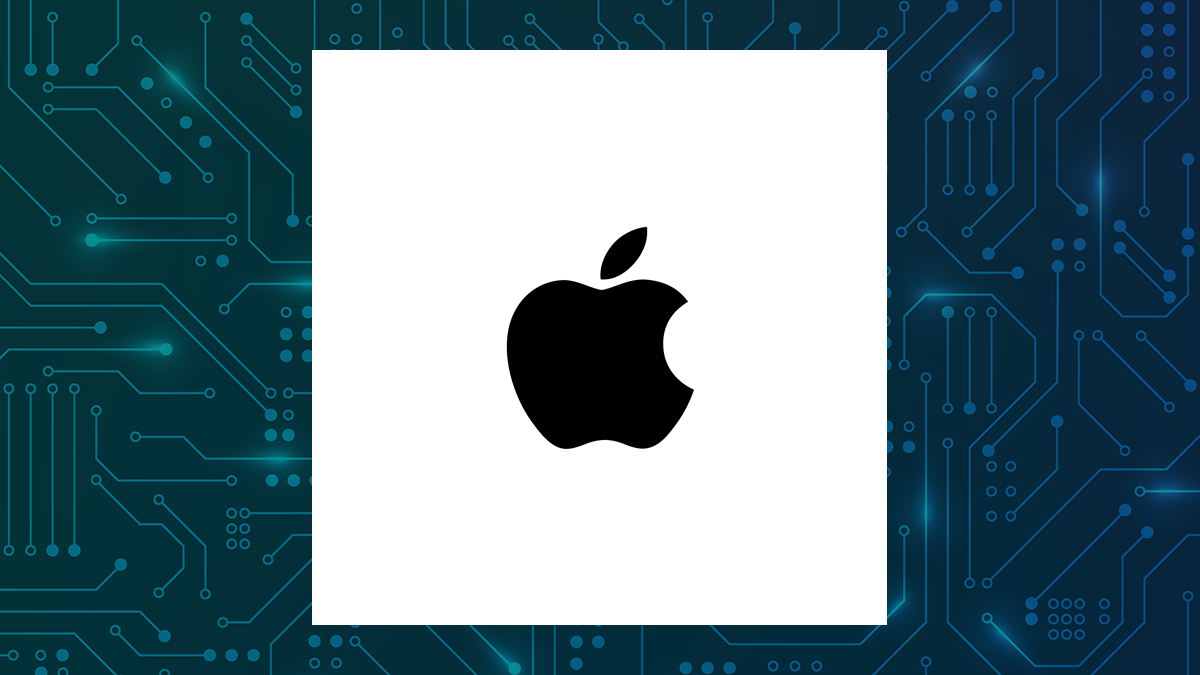
The US Justice Department and a group of states have asked a federal court to force Google to sell Chrome, its popular web browser, a move that could fundamentally alter the $US2 trillion ($3 trillion) company’s business and reshape competition on the internet. The request filed late on Wednesday follows a landmark ruling in August by Judge Amit Mehta of the US District Court for the District of Columbia that found Google had illegally maintained a monopoly in online search. Mehta asked the Justice Department and the states that brought the antitrust case to submit solutions by the end of Wednesday to correct the search monopoly.
The US government has told a judge it should break up Google and make it sell its Chrome web browser. Credit: Bloomberg Beyond the sale of Chrome, the government asked Mehta to give Google a choice: either sell Android, its smartphone operating system, or bar Google from making its services mandatory on phones that use Android to operate. If Google broke those terms, or the remedies failed to improve competition, the government could force the company to sell Android at a later date.
In a sweeping filing, the government also asked the judge to stop Google from entering into paid agreements with Apple and others to be the automatically selected search engine on smartphones and in browsers. Google should also be required by the court to allow rival search engines to display the company’s results and access its data for a decade, the government said. The proposals are the most significant remedies requested in a tech antitrust case since the Justice Department asked to break up Microsoft in 2000.
If Mehta adopts the proposals, they will set the tone for a string of other antitrust cases that challenge the dominance of tech behemoths including Apple, Amazon and Meta. The proposals are the most significant remedies requested in a tech antitrust case since the US Justice Department asked to break up Microsoft in 2000. Being forced to sell Chrome and Android would be among the worst possible outcomes for Google.
Chrome, which was introduced in 2008 and is free to use, is the most popular web browser in the world, with an estimated 67 per cent of the global browser market, according to Statcounter, which compiles tech market data. Google’s search engine is bundled into Chrome. Android is the world’s most popular mobile software, with an estimated 71 per cent of the market, Statcounter figures show.
The system is open-source, meaning that Samsung and other phone manufacturers do not have to pay Google for its use. But most Android devices come with Google’s apps already installed. Loading Both are part of an elaborate Google ecosystem that keeps people using the company’s products.
“The playing field is not level because of Google’s conduct, and Google’s quality reflects the ill-gotten gains of an advantage illegally acquired,” the US government said in the filing. “The remedy must close this gap and deprive Google of these advantages.” Legal experts said that the request to force the sale of Chrome could be met with scepticism by Mehta, in part because the government’s attempted breakup of Microsoft in the 2000s was overturned by an appeals court.
“That’s going to be an uphill climb for the government,” said Doug Melamed, a visiting fellow at Stanford Law School who worked in the Justice Department’s antitrust division during the Microsoft case. Google is set to file its own suggestions for fixing the search monopoly by December 20. Both sides can modify their requests before Mehta is expected to hear arguments on the remedies this spring.
He is expected to rule by the end of the summer. Loading “The DOJ continues to push a radical agenda that goes far beyond the legal issues in this case,” Lee-Anne Mulholland, vice president for regulatory affairs at Google, said in a statement this week after details of the government’s discussions were reported publicly. The government putting its thumb on the scale in these ways would harm consumers, developers and American technological leadership at precisely the moment it is most needed.
” A spokesperson for the Justice Department declined to comment. Regulators have in recent years cracked down on the power of the biggest tech companies. The US Justice Department has also sued Google over its dominance in advertising technology, and Apple for making it difficult for consumers to leave its tightly-knit universe of devices and software.
The Federal Trade Commission has separately sued Amazon and Meta, accusing them of anticompetitive behaviour and stifling rivals. It is unclear if these efforts will continue under President-elect Donald Trump’s administration. Some of the antitrust lawsuits began during his first administration.
The government’s victory in the Google search case followed a 10-week trial last year. Justice Department lawyers said Google had locked out rivals by signing deals with Apple, Mozilla, Samsung and others to be the default search engine that appears when users open a smartphone or a new tab in a web browser. In total, Google paid $US26.
3 billion as part of those deals in 2021, according to evidence presented at the trial. The government argued that those deals entrenched Google’s power, guaranteeing that its search traffic was robust. The company then used the data it gathered to make its search engine better, which kept customers coming back.
Google argued that its deals had not broken the law. It said users chose Google because it was better than search engines like Microsoft’s Bing or DuckDuckGo at finding information. The states and the Justice Department were still deciding what to ask for, as the Wednesday deadline loomed, to file their request, according to three people familiar with the talks.
Loading The government also asked the judge to force Google to shed any stakes in artificial intelligence companies that control technology that could compete with search engines. Generative AI has emerged as the next big playing field in tech, and Google has already integrated its own AI into search results. Google is an investor in Anthropic, an AI startup that makes a chatbot called Claude.
Anthropic did not respond to a request for comment. Publishers and website owners should also have the ability to opt out of Google’s AI models using that content for training, the government said in its filing. On Monday, a federal judge will hear closing arguments in the second major antitrust trial against Google – the one involving advertising technology – in the US District Court for the Eastern District of Virginia.
This article originally appeared in The New York Times. The Business Briefing newsletter delivers major stories, exclusive coverage and expert opinion. Sign up to get it every weekday morning .
Save Log in , register or subscribe to save articles for later. Tech crackdown Google Apple Courts Most Viewed in Business Loading.














